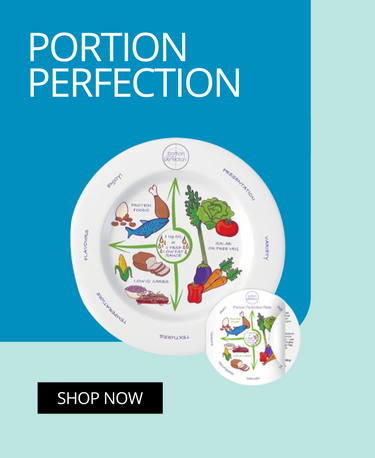Getting older is inevitable and as you age living with diabetes can be further complicated by additional health problems. Ageing involves changes that may affect your sight, hearing, memory, balance, mobility, hormones and other functions. The good news is that there are lots of ways to maintain optimal health. We've listed 5 tips on aging with diabetes below, including getting enough sleep, proactively managing your health care, engaging in physical activity and eating well.
1. Improve Your Sleep
Sleep has a significant influence over your physical health. It is essential for the growth and repair of your muscles and other cells in your body, it also strengthens your immune system and improves your ability to fight infection.
Your brain uses sleep as an opportunity to flush out toxins that have accumulated throughout the day. Some of these toxins, called beta-amyloids, are associated with an increased risk of brain disorders such as Alzheimer’s disease.
Sleep also helps to maintain the balance between the hormones which regulate your feelings of hunger and fullness. Poor sleep has been shown to affect this balance which may explain why there is an increased risk of obesity with inadequate sleep over the long term.
Ongoing sleep loss can lead to a difficulty in breaking down glucose, and insulin resistance, both of which lead to an increase in blood glucose levels. This can make it increasingly difficult to manage diabetes.
Easy steps to improve your sleep:
- Ensure your bedroom is dark, quiet and at a suitable temperature
- Turn off all electronic devices at least one hour before bedtime
- Avoid large meals, caffeine and alcohol before bed
- Try to be consistent with the time you go to bed and wake up
- Regular physical activity helps reduce the time it takes to get to sleep and the length of your sleep
2. Manage Your Health Care
Keeping on top of your health becomes increasingly important as you age. Regular monitoring of your health through your Annual Cycle of Care will help detect any issues early so you can act quickly if needed. It is not always easy to find your way around the health system but your GP is a good starting point.
Ask your GP for information on the following free services:
- GP Management Plan and a Team Care Arrangement
- Home Medicines Review
- Diabetes MedsCheck
- Aged Care Assessment Team
3. Get Physical and Exercise
Being physically active and staying fit and healthy will help you to get the most out of life, whatever your age. Just a slight increase in activity each day can improve your health and wellbeing, and help you look after your diabetes by lowering blood glucose levels and boosting your body’s sensitivity to insulin. In fact, exercise is one of the best ways to manage your diabetes and lower your risk of developing diabetes-related complications.
Exercise also assists in controlling weight, lowering blood pressure, lowering harmful LDL cholesterol and triglycerides, raising healthy HDL cholesterol, and strengthening muscles and bones - which helps reduce your risk of falls. Research has shown that women with diabetes who spent at least four hours a week doing moderate exercise or vigorous exercise had a 40% lower risk of developing heart disease than those who didn’t exercise.
For people aged 65 years and over, the Australian physical activity guidelines recommend at least 30 minutes of moderate intensity physical activity on most, preferably all, days. If you find 30 minutes difficult, start with just 10 minutes once or twice a day. After two weeks, increase to 15 minutes twice a day. If you can do more than 30 minutes, you will get extra benefits. Before starting a new exercise check in with your GP or talk to an accredited exercise physiologist.
4. Eat Well
Healthy eating is important for everyone and meals that are recommended for people with diabetes are the same as for those without diabetes. Eating a healthy diet helps to keep your blood glucose levels within your target range and reduces your risk of developing diabetes-related complications. Talking to an accredited practising dietitian can help you learn how to make better food choices and improve your health. A dietitian can also help you put together a food plan that meets your individual dietary needs.
As you get older, it may become more challenging to stay nourished and maintain healthy eating habits. Our lifestyles and appetites can change and chronic conditions such as diabetes can take up time and energy and affect your food choices. This booklet provides information about healthy eating and food choices for older people living with diabetes.
5. Managing Menopause
If you are currently going through menopause include fire-rich whole foods as well as calcium-containing dairy products to help reduce menopausal symptoms and menopause-related health risks. Try to add in an extra serve of dairy to look after your bones, and include legumes, soybeans, beans, nuts and flaxseeds as they have a similar chemical structure to oestrogen and may have some beneficial effects on hot flushes. Caffeine and alcohol can trigger hot flushes, and caffeine can also decrease calcium absorption and contribute to bone loss, so choose these drinks in moderation.



